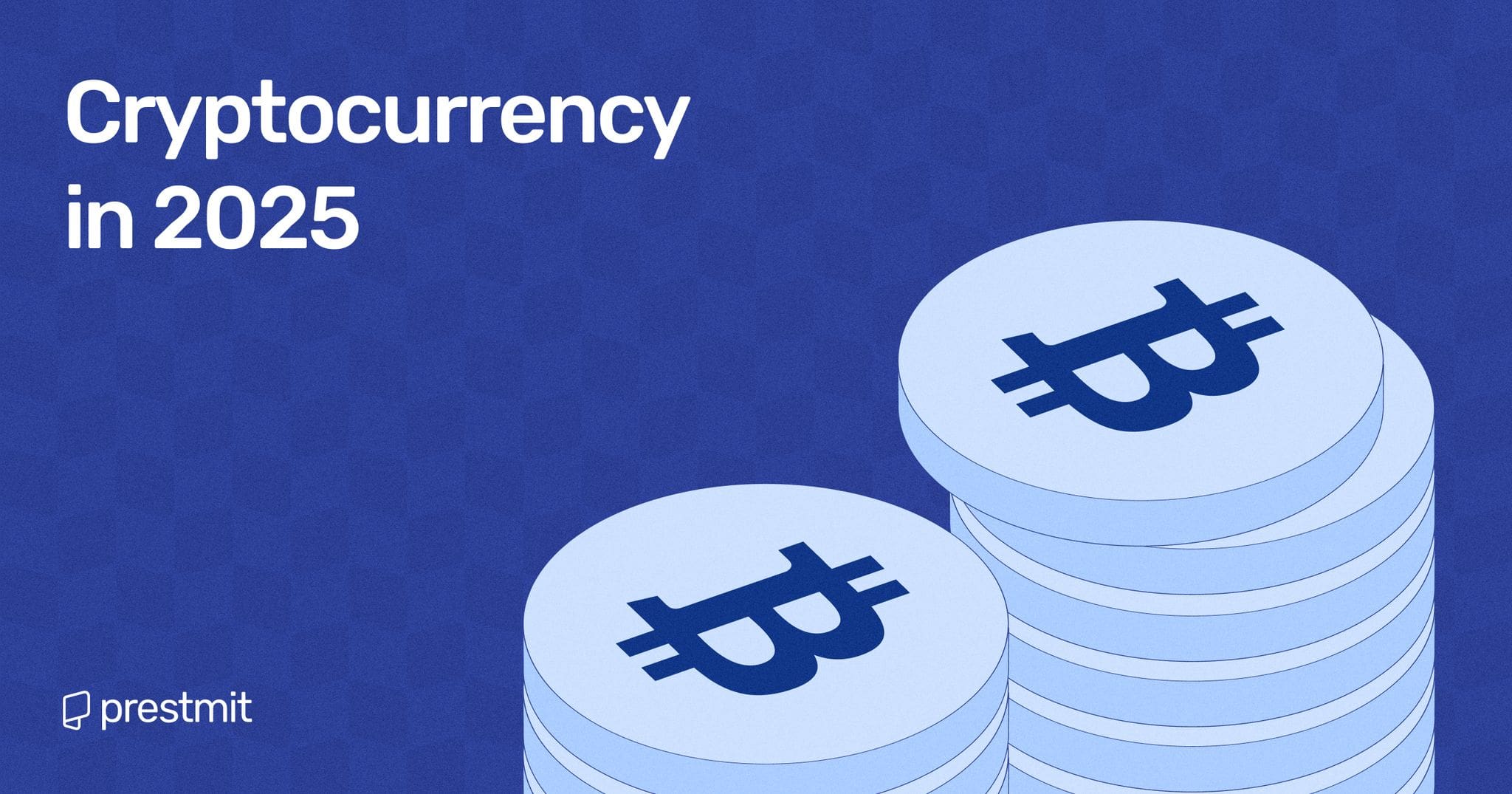Navigating the Digital Landscape: Unpacking Data Privacy in Gaming
In an era where data privacy remains a hot topic, gaming platforms are increasingly coming under scrutiny regarding their handling of user information. Safeguarding personal data has become critical, not just for compliance with regulations but as a foundation of user trust in gaming companies.
Understanding Data Collection in Gaming
Many gaming companies utilize various forms of tracking to enhance user experience and improve their services. However, this often leads to a trade-off between personalized gameplay and privacy concerns. Players are often left pondering how their information is being collected and utilized. It’s important to recognize that companies gather data for multiple reasons, including enhancing user engagement and refining targeted advertising efforts.
In today’s digital landscape, gaming isn’t just a hobby; it’s a massive industry generating billions annually. Therefore, the immense volume of data collected can be both advantageous for development and alarming for users concerned about their digital footprint.
The intricate balance between user engagement and data privacy is a critical topic.
Unpacking User Consent
Consent is a major pillar of data privacy. Users must be informed and agree to how their data will be used. Many gaming platforms now include clunky consent forms that can oversimplify the complexities of data usage policies. This leads to users inadvertently agreeing to terms they might not fully understand.
As a player, it is imperative to navigate these dialogues carefully, recognizing that consent for cookie usage and data tracking can significantly affect your more immersive experience. Furthermore, businesses must provide clear avenues for users to revoke consent should they choose to do so.
The Role of Regulations
The introduction of regulations like GDPR has provided a stricter framework for data privacy. This affects not just European players, but anyone engaging with companies operating under EU regulations. Adherence to these legal requirements represents an important factor in how gaming companies collect, store, and process data collected from their platforms.
In many cases, users are becoming more aware of their rights regarding data privacy and demanding transparency from gaming companies. As a result, many organizations are updating their policies and practices to comply with these regulations.
The Future of Gaming and Data Privacy
Looking ahead, the future of gaming must strike a balance between personalization and privacy. Gaming companies are expected to innovate ways to collect data that enhance user experiences while still conducting responsible data stewardship.
With technology rapidly advancing, players can expect to see more sophisticated systems in place that may include clearer consent protocols and robust data protection measures. Importantly, the dialogue between users and companies must remain open; gamers deserve to have a say in how their data is utilized.
Ensuring player trust is crucial as the industry adapts to new regulations.
Conclusion
As the gaming landscape continues to evolve, remaining vigilant about data privacy is paramount. Players must become proactive participants in their digital lives, advocating for transparency while enjoying their gaming experience. It’s through this participation that a healthier gaming environment can be forged—one that supports both innovation and the protection of personal data.
For a deeper understanding of your rights regarding data protection in gaming, users should consult privacy statements provided by their preferred platforms. Always remember that your data is valuable, and understanding how it’s used is paramount to ensuring a secure gaming experience.














